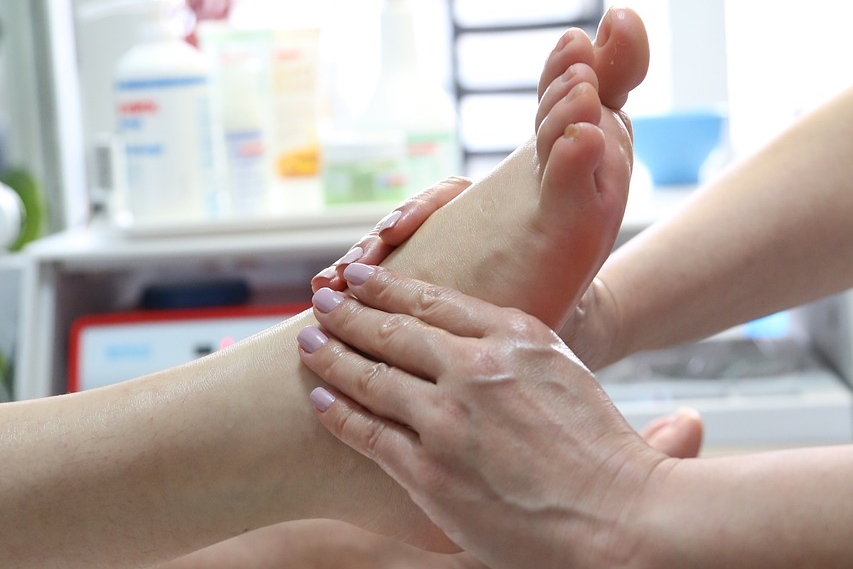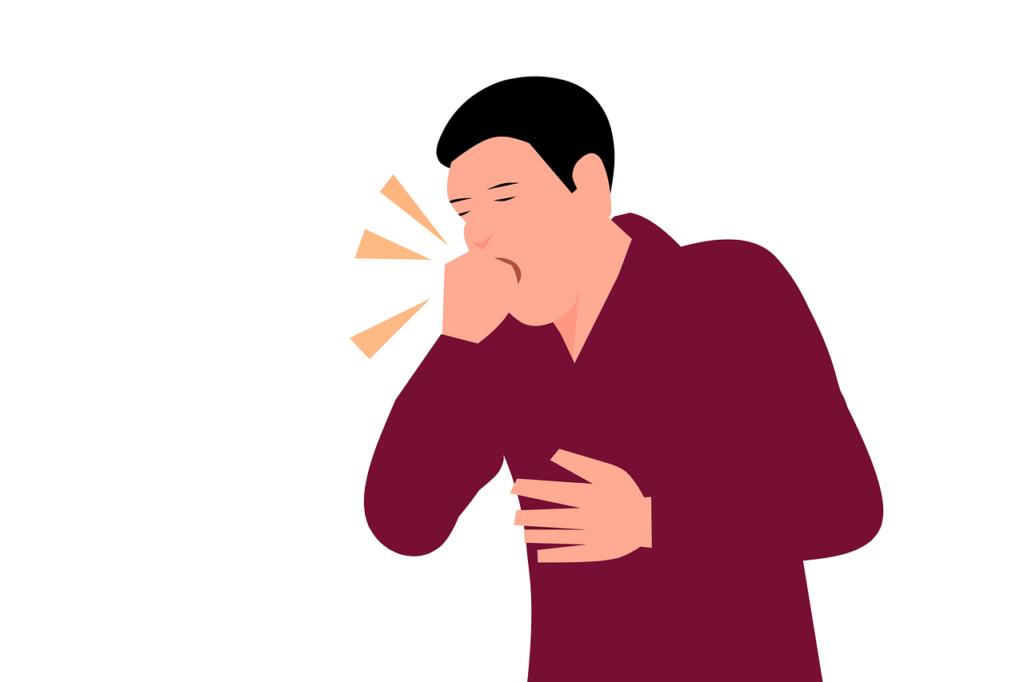Poly cystic Ovarian cysts are among the health problems that affect women’s well-being. A PCOS is not a disease, but a disorder caused by the failure of the ovaries to release mature eggs.
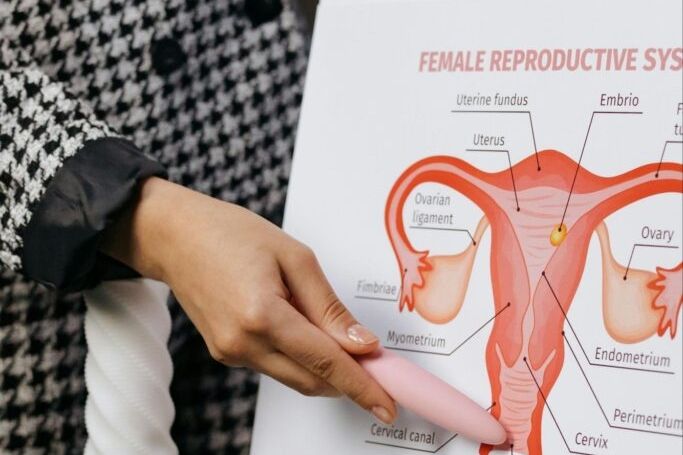

What is an Ovarian Cyst?
The ovary is one of the female reproductive organs that produces eggs. During each menstrual cycle, a mature egg is released from the ovary. Sometimes, the egg may not be released and instead remains in the ovary, forming a fluid-filled sac called an ovarian cyst.
சூதகத்தில் வாய்வதுபோய்ச் சொக்குங் காலைச்
சுருதியெனும் வன்னிபித்தந் துணையாய்ச் சேரும்
மாதவிடாய் நாகமதும் வஸ்துக்கட்டும்
மாதாந்தம் கட்டினதால் மாதுதேகம்
ஊது உடல் சரீரமெல்லாங் கருப்பை துந்து உதிரநீர் சூசிகா வாய்வுந்த் தோன்றி
வாதனையால் வயிறுடம்பு பெருத்து ஊதி
மகத்தான அடிமூலம் வாதஞ்சேர்ந்தே.
In essence, the passage describes a condition where menstrual flow is disrupted, leading to an accumulation of fluids and gas, causing swelling, pain, and discomfort. This aligns with traditional concepts of “vaadham” (wind), “pitham” (bile), and “kapham” (phlegm) imbalances in the body
Causes of POCS
1. Hormonal Imbalances:
- Insulin Resistance: When insulin is not used properly in the body, it leads to increased insulin production. This increases the production of the male hormone androgen, preventing the release of the egg.
- Excess Androgen Production: The ovaries produce excess androgen hormone, which reduces the level of the female hormone progesterone.
2. Genetics: If someone in the family has pcod, others are also likely to develop them.
3. Lifestyle Changes: Unhealthy diet, lack of exercise, and stress can cause hormonal imbalances, leading to ovarian cysts.
4. Immune System: When the body’s immune system is overactive, it can start attacking the body itself. This can also lead to ovarian cysts.
Difference between the PCOD and PCOS
1. PCOD (Polycystic Ovarian Disease):
- This is a disorder affecting the ovaries.
- Immature eggs turn into cysts.
- Symptoms include irregular periods, weight gain, and hair loss.
2. PCOS (Polycystic Ovarian Syndrome):
PCOS is the problem with reproductive endocrine and metabolic dysfunction. It is also called as Stein-leventhal syndrome.
- This is a metabolic disorder affecting the endocrine system.
- It causes excess androgen production, irregular periods, and failure to ovulate.
- PCOS is more severe than PCOD
SIGNS AND SYMPTOMS
- Irregular or absent periods.(Mathavidai kolarugal
- Excessive acne. (Mugaparu
- Excessive hair growth on the face and body. (Migai mudi (Hirsutism
- Hair loss.
- Weight gain or difficulty losing weight (Obesity
- Depression and anxiety.(Mana azhutham (Mental depression
- Difficulty conceiving.Karutharipu iyalamai (Infertility)
- Nalamilla surapigalin samanilaiyinmai (Hormonal imbalance)
- Vaiyuru veekam-periya katigal ulla nilaiyil (Abdominal swelling due to large cyst formation)
- Siruneerpai, perungudal agiyavatril azhuttha arikurigal (Intra abdominal pressure over the urinary bladder and large intestine
- Pelvic pain
Diagnosis of PCOS typically involves
1. Hormone level assessments (estrogen, testosterone, FSH, LH, 17-ketosteroids, prolactin, thyroid hormones).
2. Blood sugar and lipid level evaluations.
3. Ultrasonography: To visualize the ovaries and identify cyst formation.
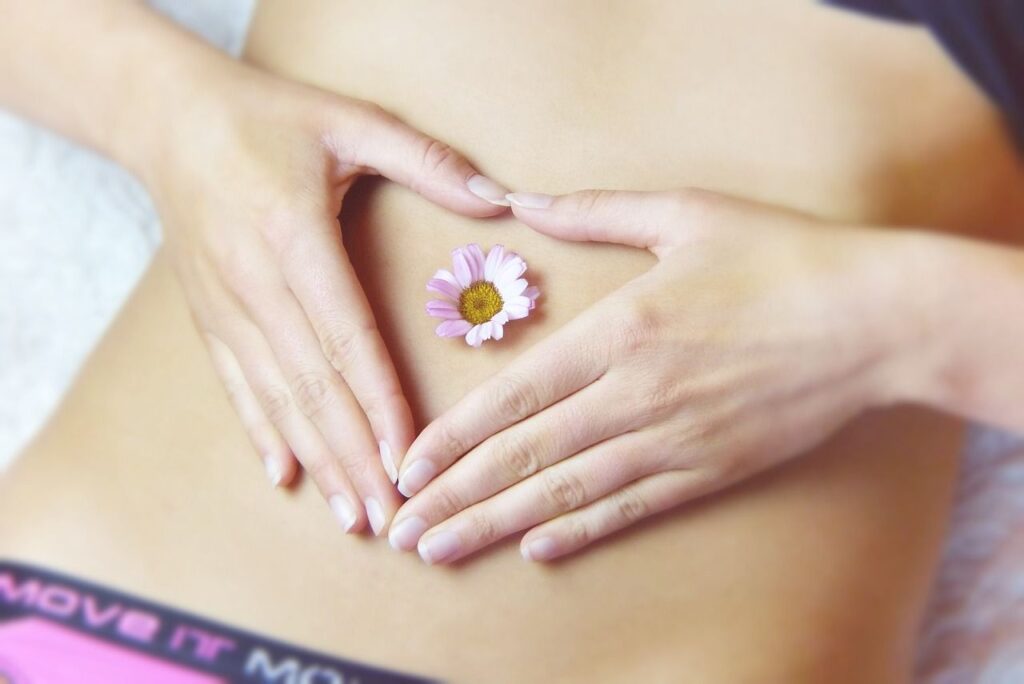

Siddha literature
One such condition is karppavaayu. According to the text of Pararasasekeram, karpparogam is classified into nine types, with karpavaayu being one of them.
The symptoms of karppavaayu include abdominal discomfort, dysmenorrhea, low backache, constipation, amenorrhea, and heaviness in the thighs.
It may be correlated with Polycystic Ovary Syndrome (PCOS) in modern medicine.
The classical Siddha literature Pararasasekaram states that an imbalance in the three humors can inhibit the release of an ovum from the ovaries.
This may be related to infertility due to ovulatory factors.
Polycystic Ovary Syndrome (PCOS) is a common reproductive health problem affecting women. It was initially considered a problem of anovulation and infertility, characterized by irregular menstruation, obesity, insulin resistance, hirsutism, acne, alopecia, and recurrent miscarriage.
Medical Treatment
- Hormone pills: Help regulate hormone balance.
- Metformin: Helps reduce insulin resistance.
- Ovulation-inducing drugs.
- Tropical hair removal agents
- Tropical acne agents (Ex: Benzoyl peroxide)
SURGICAL METHODS
Surgical methods include ovarian drilling, oophorectomy, hysterectomy, cyst aspiration, laser drilling and multiple biopsies.
Natural Remedies:
- Healthy diet: Consume more fruits, vegetables, and whole grains.
- Regular exercise: Engage in daily activities like walking and yoga.
- Stress reduction: Practice meditation and breathing exercises.Siddha Medicines such as Ashoka pattai decoction and powder, Mavilingapattai powder, asafoetida, aloe vera, Mullangi vithai (Raphnus sativus)
- Siddha Medicines such as Ashoka pattai decoction and powder, Mavilingapattai powder, asafoetida, aloe vera, Mullangi vithai (Raphnus sativus)
- Nochi (Vitex negundo)
- Karunjeeragam (Nigella sativa)
- Arugampul (Cynadon dactylon)
- Vendhayam (Foenum gracaum
- Kumatti melugu, Shilasattu parpam, and other medicines are available.
- Medicines like Triphala Churnam, Nattaichuri Churnam and foods like horse gram help to reduce weight.
- Include foods like Soybeans, sesame balls, fenugreek porridge, and black gram porridge in your diet.
- Herbs like Sadakuppai, black cumin, tree turmeric, Ashoka bark, and Kazharchikai can be used.
- Kariyabola Mathirai
- Sambrani poo kuligai
- Kayamoosambara Mathirai
- Aatru thumati Mathirai Arumuga Chenduram ,Kumari Lehyam and Sathavari Lehyam can be taken under the advice of a doctor.
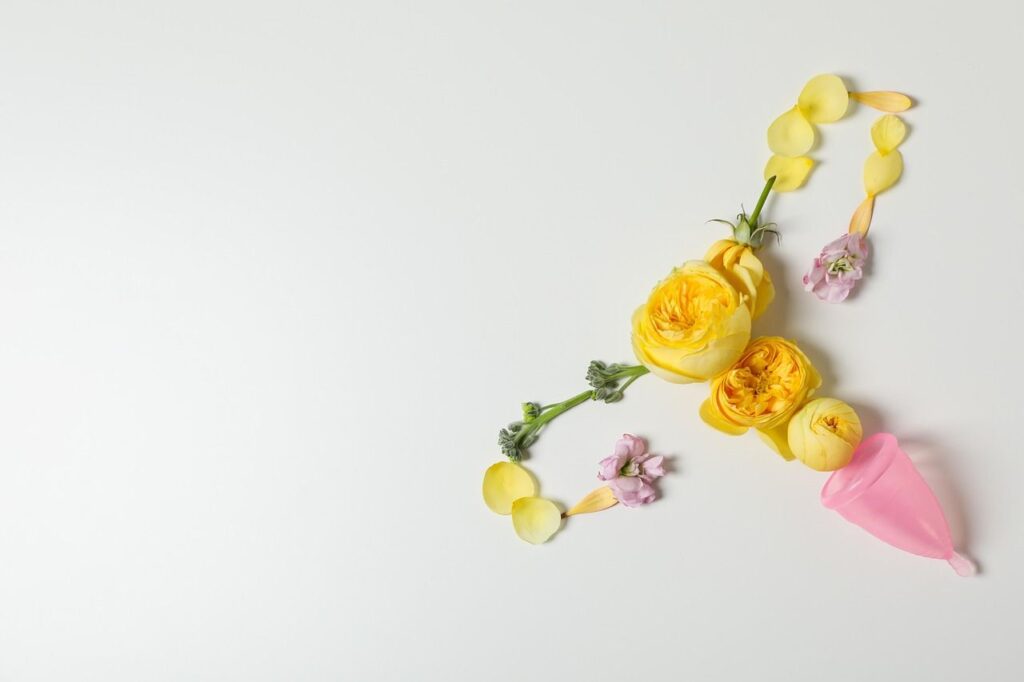

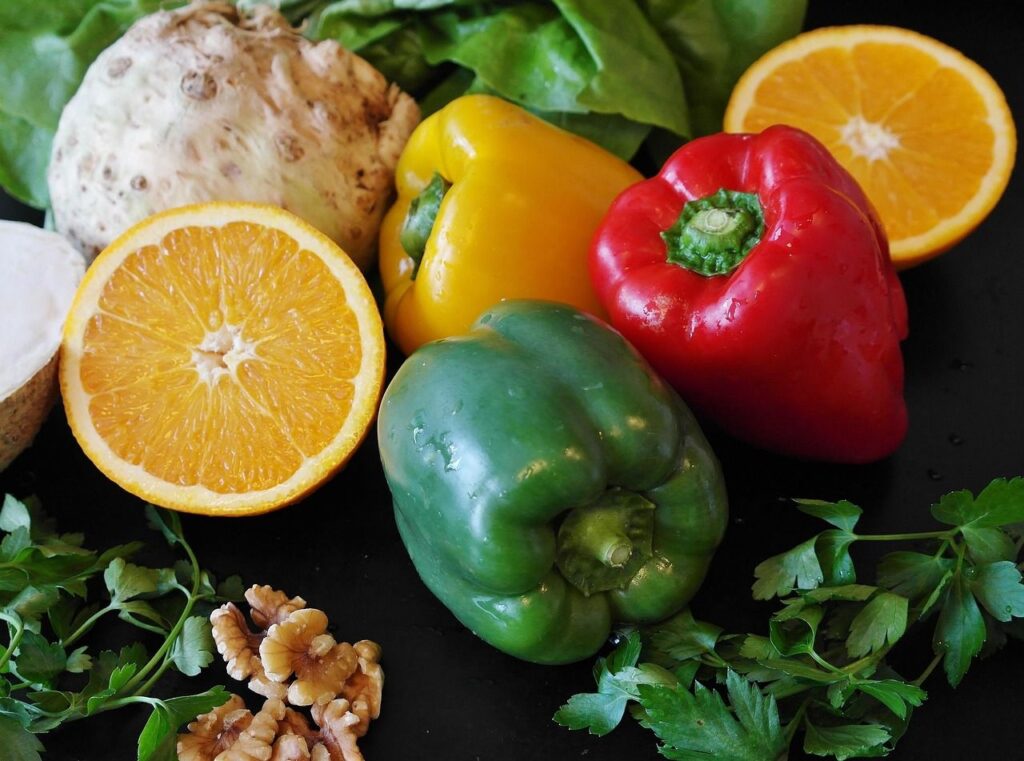

Can PCOS be cured?
PCOS can be managed, but not fully cured. Lifestyle changes and medical treatments can help control symptoms.
Can I get pregnant with PCOS?
Yes, but it might be more challenging. Medical treatments can help with fertility.
What foods should I avoid with PCOS?
Limit sugary foods, processed foods, and excessive carbohydrates.
Is PCOS just about cysts?
No, it’s a hormonal imbalance that affects many aspects of health.
When should I see a doctor?
If you have irregular periods, acne, excess hair growth, or any other symptoms of PCOS.
Disclaimer: This information is intended for educational purposes only and should not be construed as medical advice. It is necessary to consult a doctor for diagnosis and treatment. Self medication should be avoided.
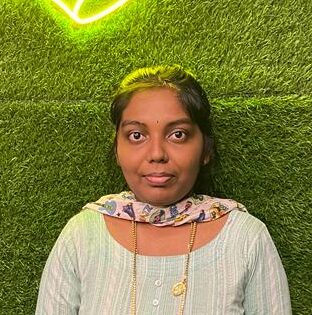

Dr. Augastina B.S.M.S., PGDY, is a passionate Siddha Doctor with a heart of gold. She believes in healing one step at a time. In her writing, you’ll find not just knowledge, but genuine care and a holistic approach to health and well-being.
